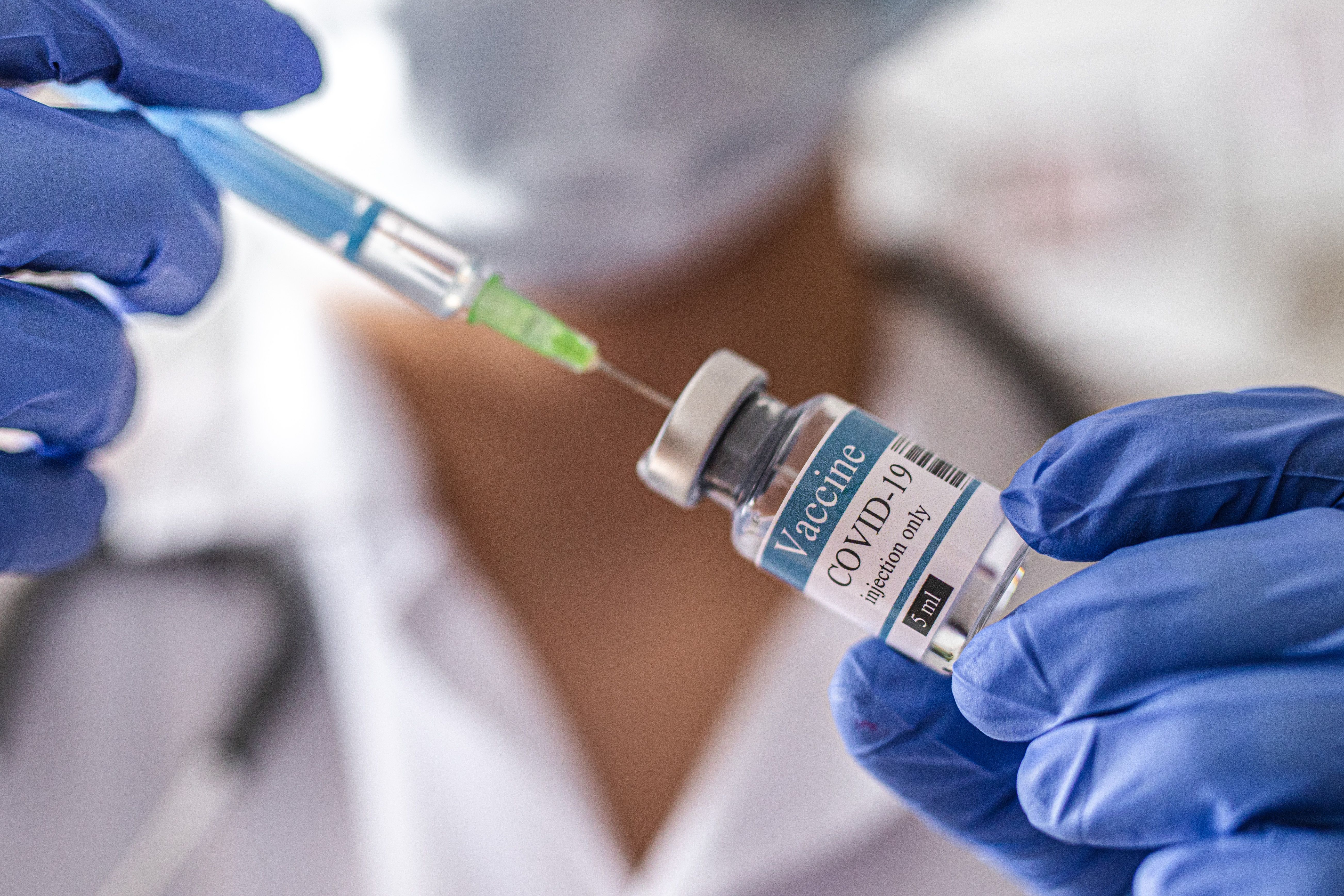- Center on Health Equity & Access
- Clinical
- Health Care Cost
- Health Care Delivery
- Insurance
- Policy
- Technology
- Value-Based Care
Study Advocates Immunological Value of COVID-19 Vaccination in MM
Patients with multiple myeloma (MM) can experience diminished immune responses during prolonged treatment; however, mRNA vaccines could bolster immunity in this vulnerable population.
Patients with multiple myeloma (MM) produce fewer antibodies while going through lenalidomide (Lena; Revlimid) maintenance therapy. After receiving a SARS-CoV-2 vaccination, however, their T-cell response resembles that of healthy populations. These findings were recently published in Frontiers in Immunology and underscore the benefits of SARS-CoV-2 vaccination in the MM population.1
mRNA vaccines can boost T cell responses | image credit: myskin - stock.adobe.com

COVID-19 infection has posed a significant risk for patients with MM whose immune systems are weakened with prolonged drug treatments, the authors stated. Although therapeutics in MM are the most effective they’ve ever been, affected patients exhibit severe B-cell depletion and impaired humoral immune responses, according to the study. However, because mRNA-based vaccines help introduce more CD4+ and CD8+ responses, they could serve a protective function in MM.
Lenalidomide is an immunomodulatory drug (IMiD) that is commonly administered for patients with MM, and it’s possible the medication actually has a stimulatory effect on one’s immune cells. The therapy was granted FDA approval back in 2017 for maintenance treatments in MM after an autologous stem cell transplant. The drug was previously approved for MM treatment in conjunction with dexamethasone.2
To better understand how immune responses are influenced by lenalidomide maintenance therapy and/or COVID-19 vaccination/infection in MM, the present researchers embarked on a study to analyze immune responses due to COVID-19 vaccination or infection in patients who received the therapy.1
Patients with MM who previously underwent, or were undergoing, lenalidomide maintenance therapy between May 2022 and October 2023 were included. In total, 41 patients with MM were compared with 43 healthy controls. On average, the MM group was aged almost 64 years vs 35 years in the control group.
At baseline, 30 patients with MM (73%) were in complete serological remission (CR), 3 (7.3%) were showing a very good partial response (VGPR), stable disease (SD), loss of CR or partial remission (PR), and 2 (4.8%) exhibited progressive disease (PD). The vast majority of the MM group (n = 39/41) was still undergoing first-line therapy, and the entire group was receiving IMiD-based treatment and proteasome inhibitors (PI). Daily lenalidomide was taken by 34 patients (82.9%), while the remaining 7 (17%) had discontinued lenalidomide treatment due to adverse events. On average, the MM group’s duration of lenalidomide treatment was 4.7 years.
In the control group, 93% (n = 40) had received their COVID-19 vaccine; the MM group comparably received the vaccine at a rate of 92.6% (n = 38). There were 35 controls and 25 patients with MM who experienced a past COVID-19 infection. As for those who were vaccinated, 32 controls and 24 patients with MM had previously contracted SARS-CoV-2. Overall, patients with MM were vaccinated more commonly than controls (median of 4 vs 3 individuals; P < .001).
Better T-cell responses were observed in patients with MM vs controls regardless of their COVID-19 status (spike protein [S] activated: P = .0076; nucleocapsid protein [N] activated: P = .043). These responses were also higher for patients with MM who had a prior COVID-19 infection vs controls with the same experience (N activated: P = .03). The authors noted how trends in these responses for those without a previous COVID-19 infection still favored the MM group. These trends were similar as researchers considered patients with MM’s lenalidomide intake or break from treatment around the time of their vaccine.
Results further revealed that health controls did have more robust antibody responses (N IgA levels: P < .001).
“This outcome showcases the importance of vaccination in MM patients and moreover, our results argue against a Lena break around the time of vaccination. Overall, T cell-based vaccine responses gain more importance in immunocompromised patients and should be further explored,” the authors concluded as they advocated for the conduction of more clinical trials to validate these forms of evidence.
References
1. Martac I, Beer SA, Schenk A, Ahmad O, Maier CP, Demirel G, Preuß B, Klein R, Stanger AMP, Besemer B, Hensen L, Lengerke C. SARS-CoV-2 immune responses in patients with multiple myeloma and lenalidomide maintenance therapy. Front Immunol. 2024 Dec 18;15:1510942. doi: 10.3389/fimmu.2024.1510942
2. Lenalidomide (Revlimid). FDA. February 22, 2017. Accessed January 7, 2024. https://www.fda.gov/drugs/resources-information-approved-drugs/lenalidomide-revlimid
